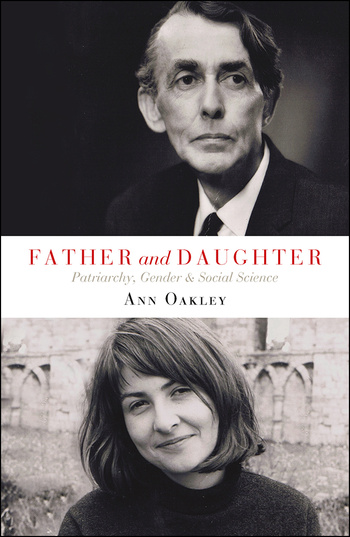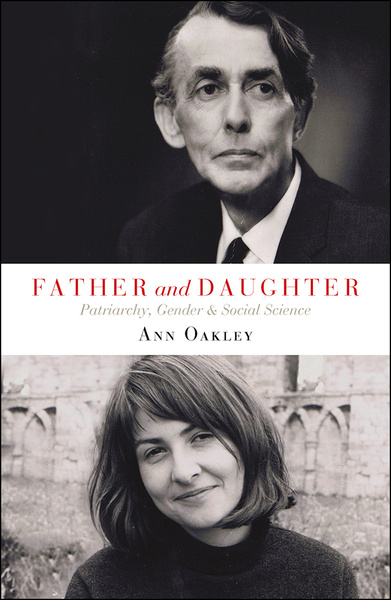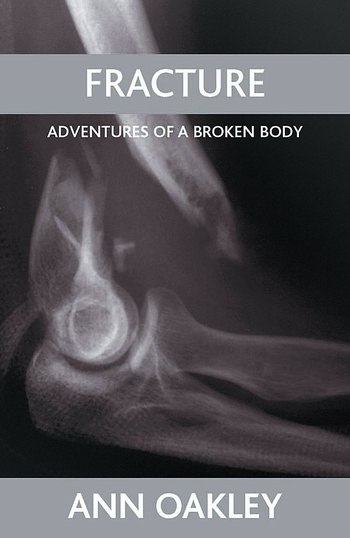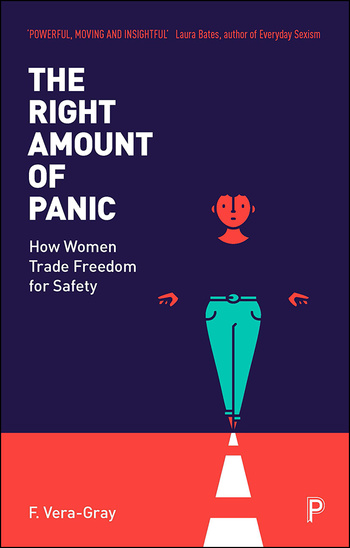Father and daughter provides an unique ‘insider perspective’ on two key figures in twentieth-century British social science. Ann Oakley, a highly respected sociologist and best-selling writer, draws on her own life and that of her father, Richard Titmuss, a well-known policy analyst and defender of the welfare state, to offer an absorbing view of the connections between private lives and public work. Using an innovative mix of biography, autobiography, intellectual history, archives, and personal interviews, some of which have not been previously available to the public, she provides a compelling narrative about gender, patriarchy, methodology, and the politics of memory and identity. This fascinating analysis defies the usual social science publications to offer a truly distinctive account which will be of wide interest.
-
Description
-
Reviews
"[A] riveting book...Oakley has put together a collection of short essays and biographical fragments that explore not just her own unusual family life but key moments and personalities in the history of 20th-century social research." The Guardian
"Analysed with intellectual boldness and the rigour that typifies all of Oakley's work." British Journal of Social Work
"A very important contribution to historical and sociological scholarship. It is an original and carefully researched corrective to the existing 'business as usual' institutional and intellectual history of conflicts and tensions in the development of sociology, social administration, social policy and the professionalisation of social work." Times Higher Education
"Ann Oakley is a highly original writer. The personal becomes political as she revisits her own history and that of her father. The web of social connections that made up the LSE's Department of Social Administration makes particularly fascinating reading." Jane Lewis, London School of Economics and Political Science
"Ann Oakley’s story of how she is still taking stock of her relationship with Richard Titmuss is one of family dynamics and secrets, of politics at the grand and small scale, and of the ongoing process of making sense of who we are." Professor Graham Crow, Southampton University
"Powerful and unique." LSE Review of Books blog
"Father and Daughter is particularly powerful...the writing moves between scholarly exactness, dreamy reverie and pained resentment." London Review of Books
"A fascinating study of an eminent father by his eminent daughter. This respected sociologist, feminist and novelist offers a true 'insider's view' of their relationship." Cherie Booth, QC
"I have been gripped by "Father and Daughter" and I would like to say thanks for the best read in years!" A customer
"In Father and Daughter, Ann Oakley revisits her childhood years and explores the causal links between her family's fraught domestic relationships and her father's idiosyncratic 'socialist view of inequality' that excluded gender issues from its policy concerns. This superbly researched memoir will become a classic of its kind - albeit a highly controversial one." Robert Pinker, Emeritus Professor of Social Administration, London School of Economics and Political Science
"A tribute to the achievements, but many weaknesses, of her famous, revered father, Ann Oakley's own memoire of a childhood dominated by 'the Professor' makes often poignant but always fascinating reading." Baroness Hayter of Kentish Town
"An honest, intriguing and readable book about the author and her eminent father, her conflicts with him and his conflicts with his female colleagues. I could not put it down!" Baroness Blackstone of Stoke Newington
"I love Ann Oakley's writing. She interrogates quite beautifully ' the shadowy spaces' in which public and private lives overlap and the effect this has, particularly on women." Melissa Benn,writer
-
Contents
Daughter of a Blue Plaque Man;
Falling into the Bog of History;
Memory and Identity;
Family and Kinship in London and Other Places;
Mrs Titmuss’s Diaries;
Love and Solitude;
The Story of the Titmice: an alternative version;
Meeting Win;
Harem in Houghton Street;
Difficult Women;
Post-Mortem;
The Troubles;
Dusting his Bookshelves;
Vera's Rose;
This Procession of Educated Men;
Telling stories.












